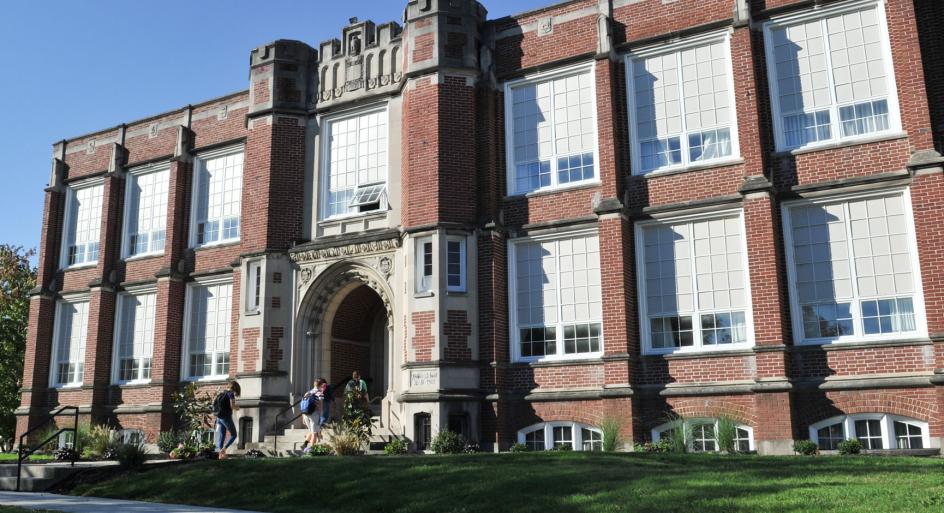
When children and youth are struggling, sometimes it’s a matter of their life circumstances, and all they need is recognition and some timely, informed help.
Students in the Master of Arts in Counseling (MAC) Program looking to work with these at-risk children just got a big boost to aid their clinical training, thanks to a major new grant that will pay them during their internships.
Ultimately, it’s the children, adolescents and traditional-age youth at risk for developing or who have a recognized behavioral health disorder who will benefit most, said program director Dr. Jo-Ann Lipford-Sanders.
There is a problem in our communities with an insufficient number of providers in these specific areas. With this grant, we have pledged to get students to stay in the field to work with these students, and ultimately remain after their internships are complete.
Jo-Ann and her faculty colleagues, Dr. Marjorie Shavers and Dr. Amber Baughman, teamed up and worked at warp speed to develop the ASCENT Program – Assisting Struggling Children/Adolescent/Transitional-Age Youth to Engage in New Life Transformation – as the framework for the $214,286 grant from the U.S. Department of Health and Human Services. Heidelberg is one of only three Ohio universities to receive new grant funding from HHS through the Behavioral Health Workforce Education and Training program.
We were so impressed with all of the support that we received from private and community agencies and school systems who currently employ our alumni and who committed continued support for our ASCENT students.
The grant has targeted four counties – Seneca, Huron, Erie and Sandusky – where a deficit in services for this population exists. A significant part of the grant funding will pay graduate interns who will work with at-risk children in agency or school settings, as well as with transitional-aged youth to engage in new life transformations.
Additionally, according to Amber, a Speaker Seminar Series is being developed to bring experts to campus to address topics such as innovative techniques in dealing with this population, working with diversity, families and in various methods of “trauma-informed care.” Part of the grant will also be directed toward initiatives to recruit students of color and men and to support ASCENT students to attend training and recruitment conferences.
The ASCENT Program also will be incorporated into the MAC curriculum through classes that will train students in the “Seeking Safety” method, also called “trauma-informed care;” Counseling in a Global Society, where students will receive certificates in psychological first aid from the Red Cross as well as psychological first aid in schools; and working with children at risk.
“When students and youth are struggling, it’s often less a matter of ability than it is a trauma in their life and we don’t always recognize that,” Amber explained. Marjorie added, “With this training, our students will be a step ahead. We (faculty) will get trained in trauma-informed care, and then, begin to train our students next semester.”
The grant application was a total team effort that involved not only the faculty, but current students, alumni, strong support from Heidelberg’s administration and the Council for Accreditation of Counseling and Related Education Programs (CACREP).